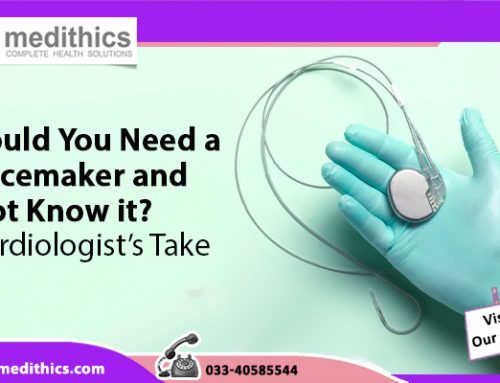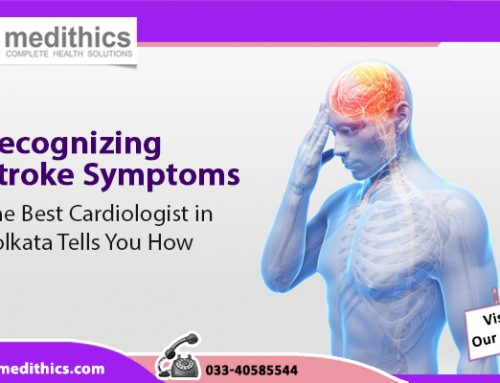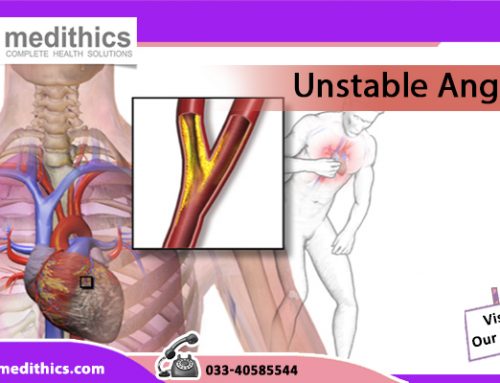Sinus arrhythmia is an irregular heartbeat that’s either too fast or too slow. One type of sinus arrhythmia, called respiratory sinus arrhythmia, is when the heartbeat changes pace when you inhale and exhale. In other words, your heartbeat cycles with your breath. When you breathe in, your heart rate increases and when you exhale, it falls. This condition is benign. It’s a naturally occurring heartbeat variation, and it doesn’t mean you have a serious heart condition. In fact, this condition is common in young, healthy adults and children.
A respiratory sinus arrhythmia can occur in older individuals, but in these cases, it’s often associated with heart disease or another heart condition.
Sometimes, sinus arrhythmia occurs with another condition called sinus bradycardia. Bradycardia, or a slow heartbeat, is diagnosed when your heart’s natural rhythm is below 60 beats per minute. If the low heart rate produces lengthy pauses between beats, you may have sinus bradycardia with sinus arrhythmia. These pauses can be common while you sleep.
Another type of sinus arrhythmia occurs when the heart beats too fast. This is called sinus tachycardia. It refers to heart rates above 100 beats per minute. Sinus tachycardia is usually a result of another condition, such as stress, fever, pain, exercise, or medications. If the rapid heart rate doesn’t resolve quickly, your heart specialist will treat the underlying problem.
In a young and otherwise healthy person, these conditions are not serious or problematic. Some people with a slow or fast heartbeat might experience symptoms like lightheadedness or shortness of breath, but others may never experience symptoms at all.
Symptoms
People with a sinus arrhythmia don’t experience any cardiovascular symptoms. In fact, you may never experience symptoms of any kind, and the condition may never be diagnosed.
If you know how to detect your pulse, you might feel a slight change in your pulse rate as you breathe in and exhale. However, the differences may be so slight that only a machine can detect the variations.
If you experience heart palpitations or feel like your heart is skipping a beat, talk with your cardiologist. Heart palpitations are rarely serious, and they can happen from time to time. Still, they may be worrisome, and checking with your doctor can help you rest assured you don’t have any underlying heart issues.
Causes
It’s not clear what causes people to develop a sinus arrhythmia. Researchers suspect that a connection between the heart, lungs, and vascular system may play a role. In older individuals, a sinus arrhythmia can occur as a result of heart disease or another heart condition. Damage to the sinus node can prevent the electrical signals from leaving the node and producing a steady, normal heartbeat. In these cases, the sinus arrhythmia is the result of damage to the heart, and it’s likely to show up after the heart condition develops.
Diagnosis
To diagnose a sinus arrhythmia, your heart specialist will conduct an electrocardiogram (EKG or ECG). This test measures your heart’s electrical signals. It can detect every aspect of your heartbeat and help your doctor see any potential irregularities, like a sinus arrhythmia.
Keep in mind that for the majority of people, a sinus arrhythmia is neither dangerous nor problematic. Even if your doctor suspects you have this irregular heartbeat, he may not order the test to check for it. That’s because an EKG can be costly, and a sinus arrhythmia is considered a benign condition. Your doctor might order an EKG only if they suspect another condition or you’re experiencing other symptoms.
Treatment
You likely will not need treatment for a sinus arrhythmia. Because it’s considered a common occurrence and doesn’t lead to any other issues, treatment is not necessary for most people. A sinus arrhythmia may eventually become undetectable as children and young adults grow older.
If you develop a sinus arrhythmia because of another heart condition, such as heart disease, your doctor will likely treat the original condition. Treating the condition may help stop the arrhythmia.






Leave A Comment
You must be logged in to post a comment.